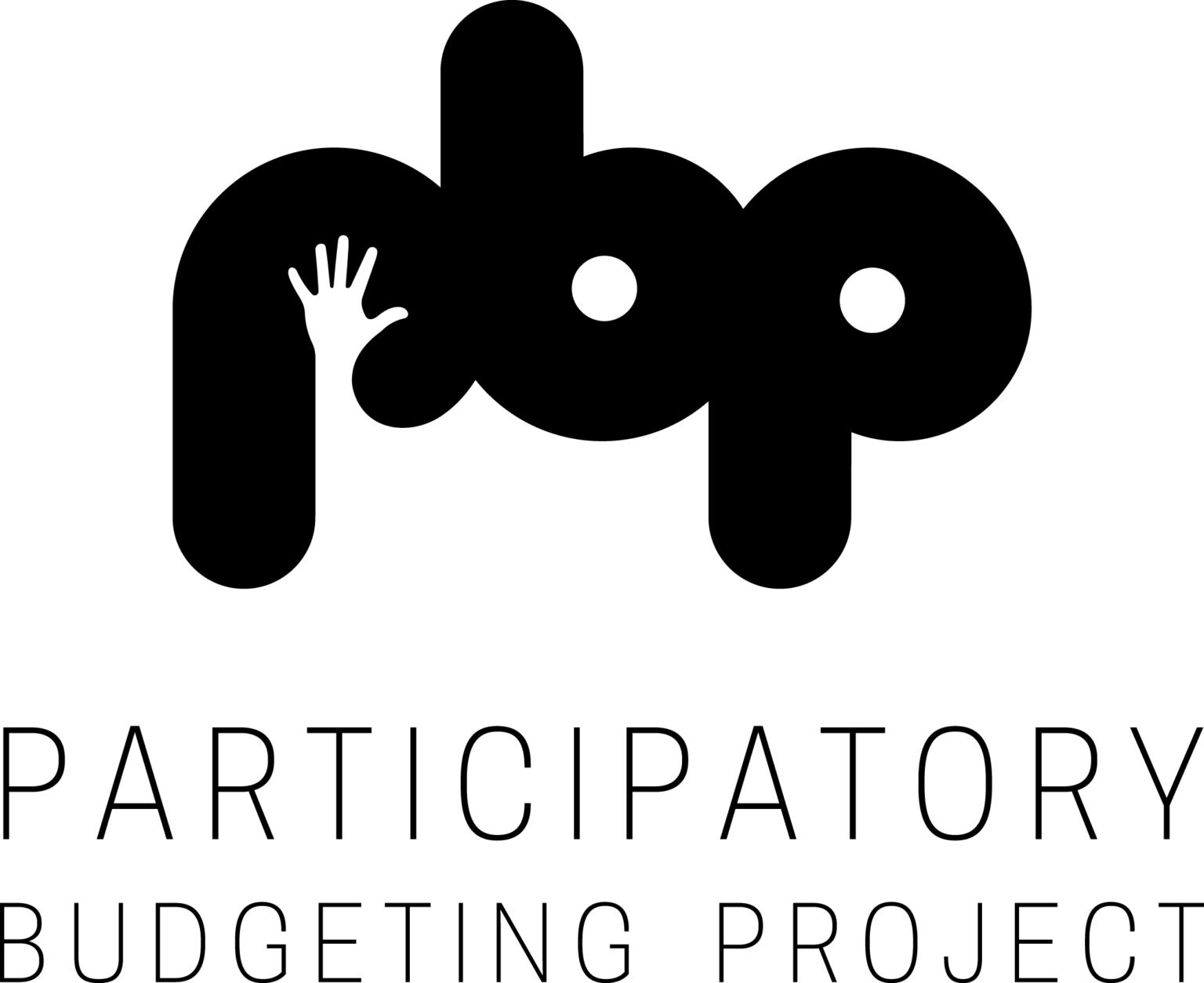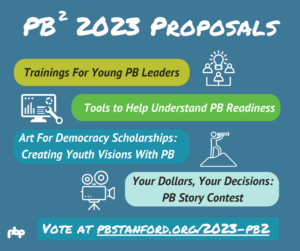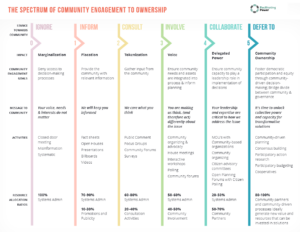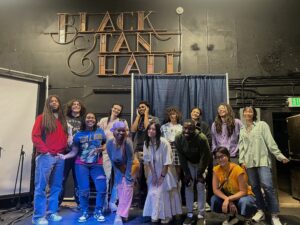The Watson Institute published an update on the participatory budgeting process that Gianpaolo and I are helping to plan in Chicago:
On April 29, Watson Institute Associate Professor Gianpaolo Baiocchi traveled to Chicago to help kick-start an experiment in democracy, along with Josh Lerner, from The New School for Social Research, and Karen Dolan, from the Institute for Policy Studies’ Cities for Progress project. Chicago’s 49th Ward is vying to become the first community in the US to use participatory budgeting to allocate its municipal budget funds. Alderman Joe Moore of the 49th Ward asked Baiocchi and his colleagues to train the community in participatory budgeting, a process in which residents directly decide how to spend public money.
It is estimated that over 1,200 municipalities and public institutions in Latin America, Asia, Africa, North America, and Europe have initiated participatory budgeting. The municipality of Porto Alegre, Brazil, developed the best-known participatory budgeting process, beginning in 1989. Baiocchi’s book, Militants and Citizens: The Politics of Participatory Democracy in Porto Alegre (Stanford University Press, 2005), captures the lessons learned from the Brazilian municipality. Since 2006 Lerner and Baiocchi have led the Participatory Budgeting Project, an initiative to promote participatory budgeting and other forms of participatory democracy in North America.
The lessons from these experiences formed the basis of discussion on April 29, as Baiocchi, Lerner, and Dolan talked with community leaders of Chicago’s 49th Ward. They spoke about the potential for participatory budgeting, explaining how the process could create accountable and democratic local governance that is directly managed by community residents. This is a particularly relevant experiment, the team said, as federal, state, and local officials face greater public scrutiny in allocating federal stimulus funds and scarce budget dollars.
This first community workshop included 40 representatives of community organizations and institutions in the ward, who are active on issues such as education, healthcare, and housing. These representatives formed a steering committee, which is tasked with designing a community participation process that works for the 49th Ward. Over the next year, residents will meet in public assemblies and workshops to allocate the ward’s FY2010 capital budget, which is estimated to be $1.4 million. The community will receive support from the alderman and his staff, as well as the Participatory Budget Project team, which will monitor and coordinate each step of the process. Initial project funding has been provided by the New World Foundation.
In an interview after the meeting, Moore expressed great enthusiasm about his ward’s early success with the participatory experiment: “When I first heard of the concept of participatory budgeting, I thought it was a perfect fit for my neighborhood, which is filled with activists and people who are used to being involved in the community process and who believe in democracy. The early results are very promising. I’m really looking forward to a successful experiment that will show my colleagues on the city council and, indeed, mayors and council members from across the nation that you can trust people to make these decisions. I think it benefits all of us to have a public that is informed and engaged in the decision-making process.”
At a subsequent meeting on May 19, Lerner and Baiocchi facilitated a workshop to decide the rules of the 49th Ward’s process, set to begin in October. At the workshop, over 40 representatives of community organizations participated in a mock participatory budgeting exercise in which they proposed and selected community improvement projects to spend $500,000, roughly one third of the budget that will be allocated under the new participatory process. Then, the participants set about deciding how the process would actually work – including decisions such as voting and participation criteria, the selection of delegates, and how long the process will take to unfold. The next steps will be to produce a rulebook for participants and begin the logistical preparations for the fall’s process.
By Watson Institute Student Rapporteur Alison Fairbrother ’09






One Response
so Joe Moore is open to participatory government. Check out his city council voting record. He votes for Daley. Daley is corrupt.deciding on a budget for 500,000 thousand that’s chump change but it makes joe look very democratic.